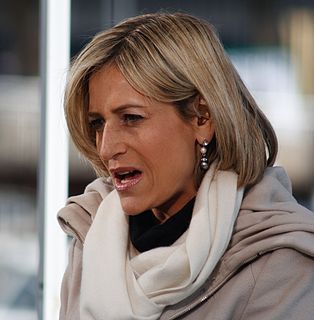A Quote by Jonathan Swift
Argument is the worst sort of conversation.
Quote Topics
Related Quotes
This conversation with the audience has been going on since, what, '72, '73... Sometimes it's like a conversation after dinner with friends. You're in a restaurant, and you got there at 8 o'clock. Suddenly, you realize it's midnight. Where did the time go? You're enjoying the conversation. It's sort of a natural, organic conversation.
I think, the argument sometimes that I've had with folks who are much more interested in sort of race-specific programs is less an argument about what is practically achievable and sometimes maybe more an argument of "We want society to see what's happened, and internalize it, and answer it in demonstrable ways." And those impulses I very much understand.
You can make a very good argument that society would be much worse off if you let 10 rapists and murderers free rather than put one poor, wrongly accused accountant in prison. And so my only point on that is that it should open up an argument. It should not sort of settle one, because nobody disagrees with it.





































